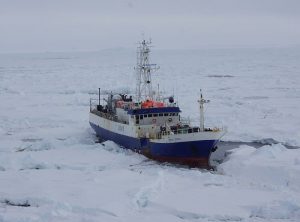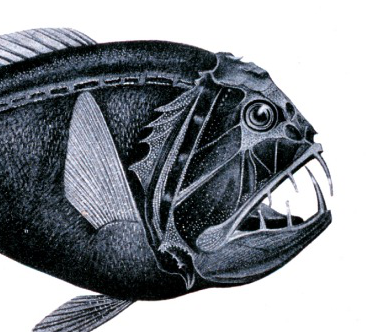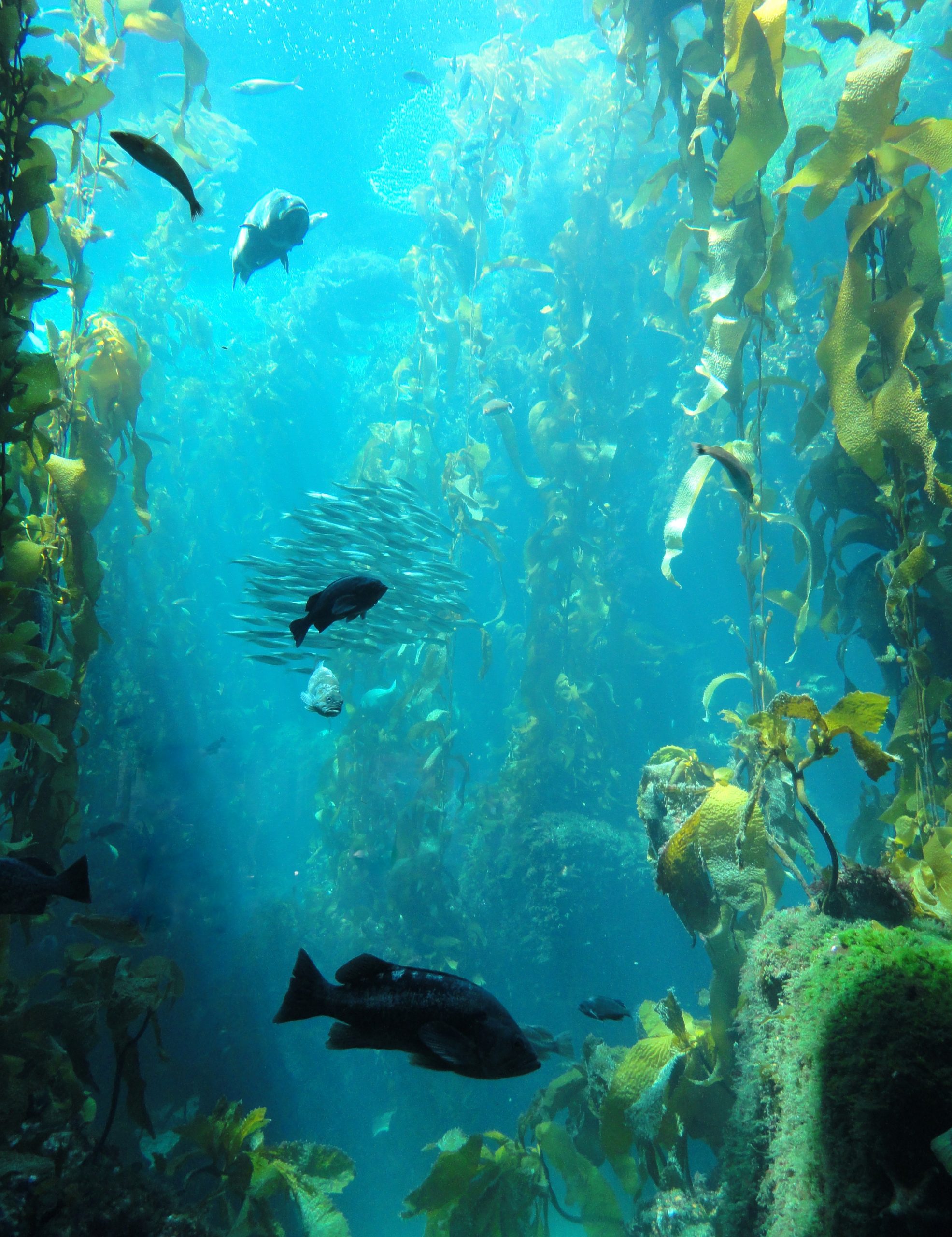Source: Choquet, A., F. Chloe, D. Anatole, and M. Camille (2018), Governing the Southern Ocean: The science-policy interface as thorny issue. Environmental Science & Policy, 89, 23-29. doi: 10.1016/j.envsci.2018.06.017
A Pristine Environment?
Antarctica is often considered an untouched wilderness. While its location is remote, the region is hardly undisturbed by human activity. Exploitation of marine species, tourism, scientific research activities, and anthropogenic climate change are all impacting Antarctic ecosystems. Managing the many stakeholders can be challenging given the unique international governance system in the region.
Human activities in the Antarctic are regulated by treaties, as well as national and international bodies. The map below shows the countries with territorial claims in Antarctica. The governance of Southern Ocean marine territories is similarly complex. The region includes the largest marine protected area in the world, which is managed by a number of different groups.

New Challenges
Anne Choquet led a recent study out of the Centre for the Law and Economics of the Sea in France examining the new governance challenges for Southern Ocean marine ecosystems due to climate change. Ocean warming and acidification will create new conservation challenges for many marine organisms. Furthermore, environmental changes will impact the logistics of operations in the region.
One example of this is the effect of melting ice on access to resources. Commercial fishing in much of the Antarctic is difficult, as evidenced by the trapped fishing boat in the picture below. This may change in the future, however, as sea ice extent recedes. Similarly, the number of visitors may also increase due to easier access by tourist ships. New policies will need to be put in place to regulate the increased economic activity and ensure the sustainability of Southern Ocean ecosystems.

Southern Ocean management decisions are made at Antarctic Treaty Consultative Meetings (ATCMs). These meetings include representatives from all the Antarctic Treaty member states as well as from the Scientific Committee on Antarctic Research (SCAR) – an interdisciplinary and international group of scientists that coordinates long-term ecological research throughout the Southern Ocean. The prominent SCAR presence at ATCMs makes Antarctic governance relatively unique. In other words, decision-making has more direct scientific input than would be likely for a single sovereign nation.
Choquet argues that the strong use of scientific research and the collective responsibility embodied by the Antarctic Treaty System makes tackling the challenges associated with climate change more tractable. Whereas individual nations act in their own interest, the treaty system ensures that the Southern Ocean is governed for the “benefit of mankind.” Maintaining this mission is crucial in the coming decades as Antarctica assumes greater strategic and commercial importance.
Case Study in Cooperation
Antarctic governance is critical given the outsize role the region plays in regulating the earth’s climate. The Southern Ocean absorbs nearly 30% of the carbon and 90% of the heat associated with anthropogenic climate change. Further scientific research is necessary to determine how the Southern Ocean’s ability to absorb carbon will change in the future, and investigating these processes will help improve future climate predictions. In addition to scientific pursuits however, it is important to use this knowledge to ensure sustainable management of marine territories. In this way, the Antarctic can serve as a model for international cooperation and science-based policy decisions regarding climate change adaptation and mitigation.
I’m a physical oceanography PhD student at Scripps Institution of Oceanography in La Jolla, California. I use a combination of numerical models, observations, and remote sensing to investigate the role of the ocean in climate. I’m particularly interested in Southern Ocean dynamics, including air-sea-ice interactions and physical controls on biogeochemistry.


